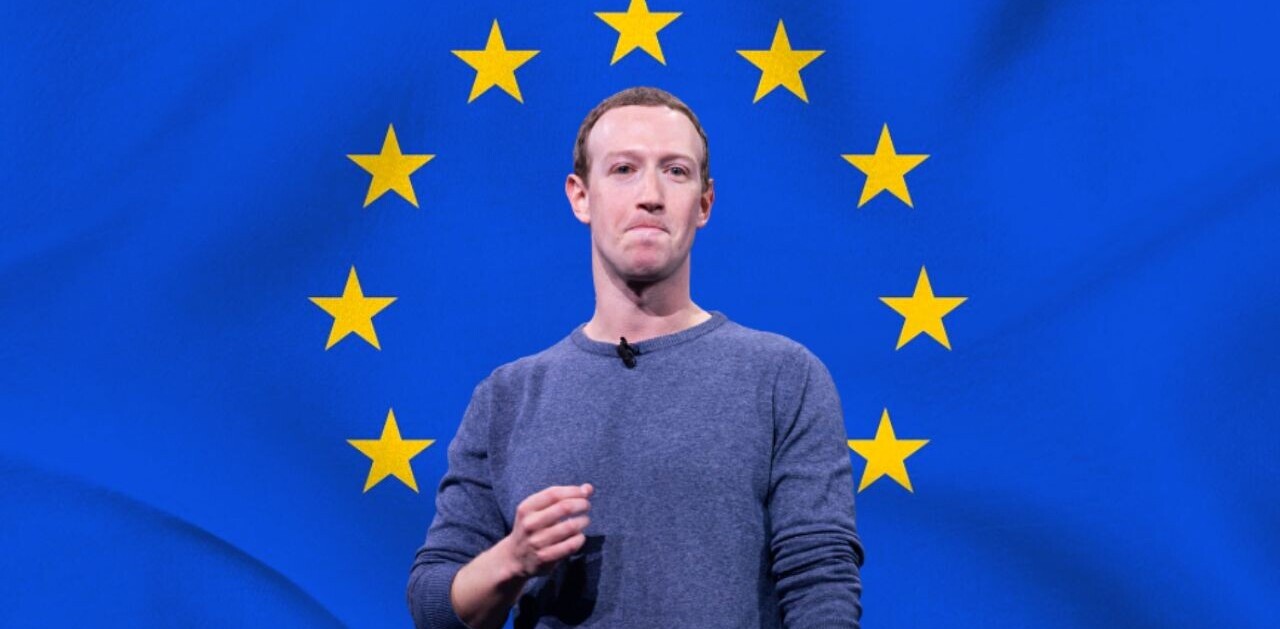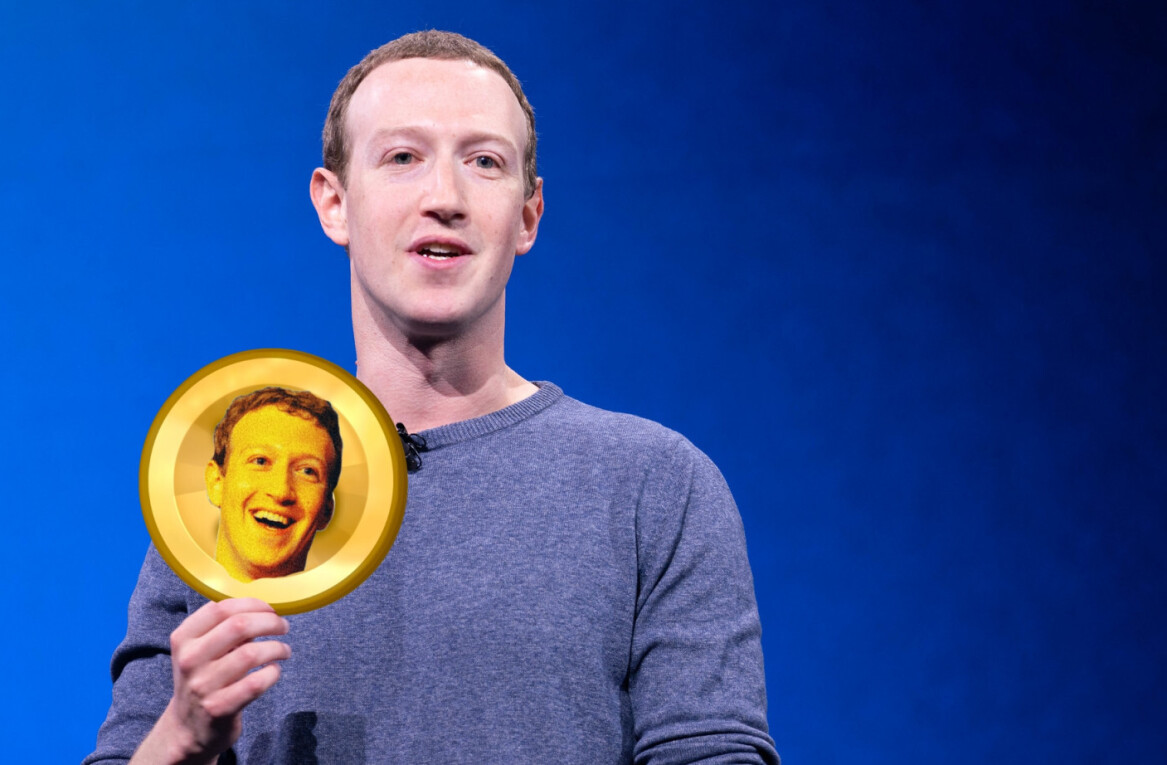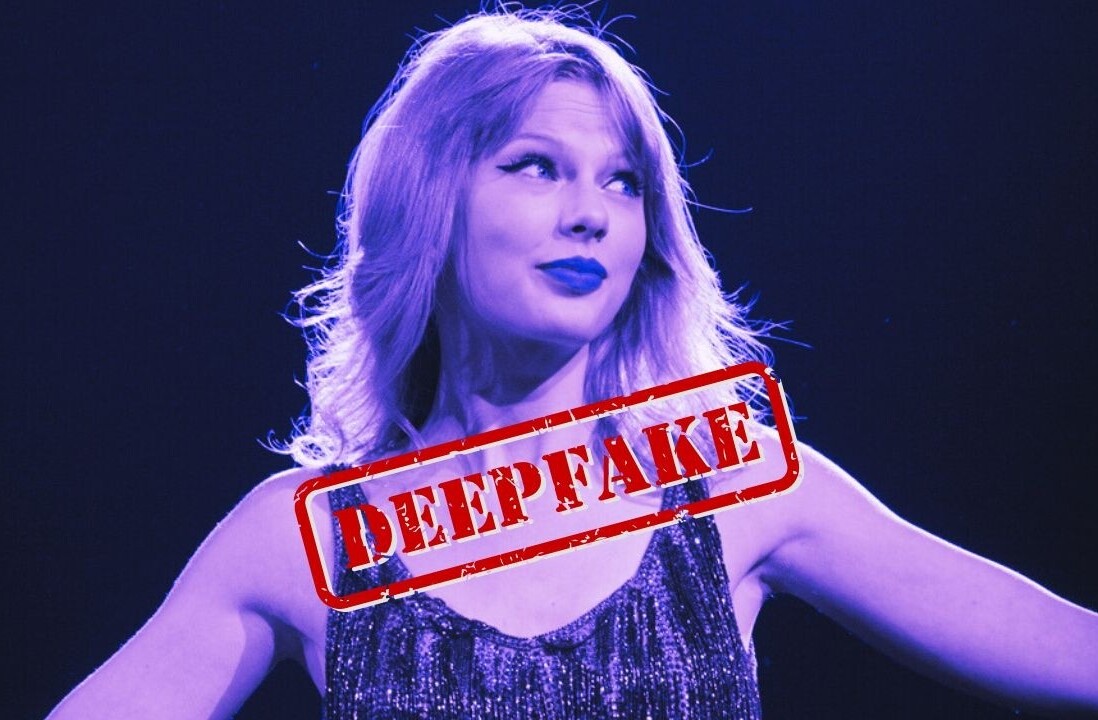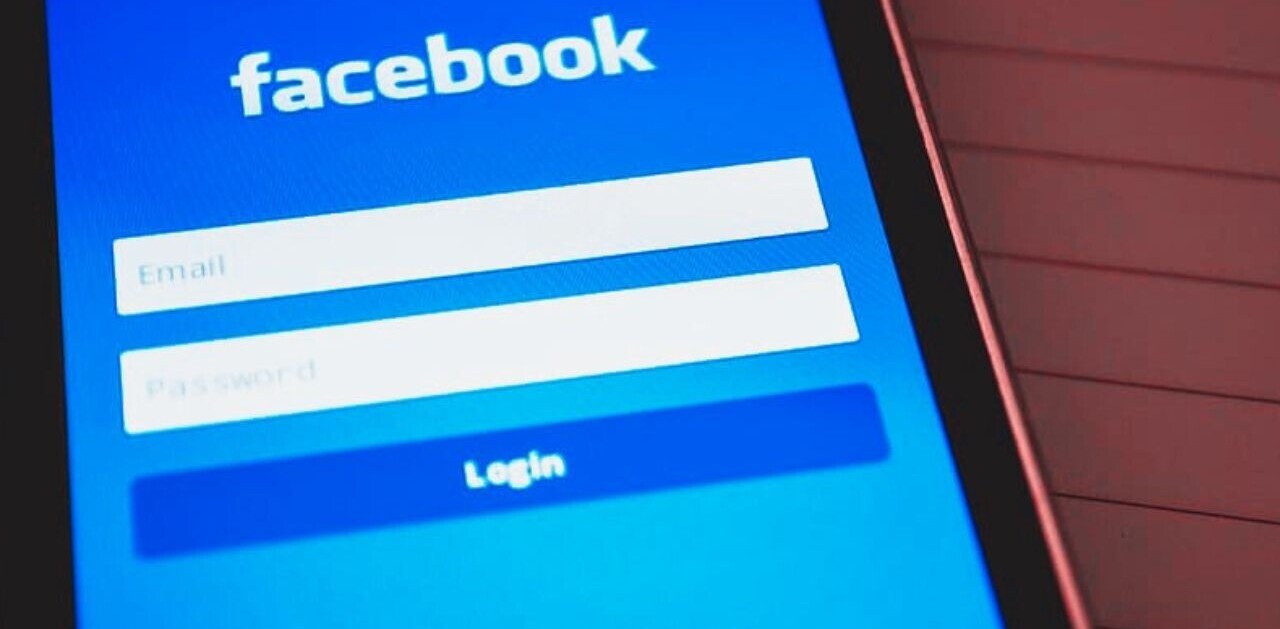
Google today announced a partnership with Facebook based on the way both companies generate the larger majority of their respective revenue: ads. Google will participate in FBX, Facebook’s real-time bidding exchange, in order to help its own marketing clients.
Google wouldn’t give a specific timeframe for when the partnership will start to bear fruit. The company did say, however, that its clients will be able to buy inventory on FBX via DoubleClick Bid Manager “in a few months.”
Facebook Exchange, which launched in June 2012, lets advertisers bid on ads that visitors are targeted with after visiting third-party websites by using cookie tracking. These visitors are then shown ads related to their web browsing when they return to Facebook.
DoubleClick Bid Manager, meanwhile, originates from Invite Media, a display advertising and exchange bidding company that was acquired by DoubleClick in June 2010. Google bought DoubleClick in March 2008.
Here’s how the team describes its role at Google:
We help clients access dozens of private and public exchanges in more than 75 countries, and continue to see double-digit quarter-over-quarter growth in spend – last quarter was our biggest ever. We’re continuing to invest significantly in our technology to help advertisers and agencies buy programmatically across all devices and formats.
On a strictly business basis, it makes perfect sense for the two to work together. Yet this is nonetheless surprising given that Google and Facebook are vicious competitors.
It’s more likely that Google approached Facebook than the other way around. Firstly, Google is making the announcement here, not Facebook. Secondly, since DoubleClick lets its clients buy ads on various advertising exchanges, “excluding Facebook may have forced some clients to look elsewhere for their media buying needs,” as TechCrunch notes.
In other words, this is a strategic move for Google. It wants to keep its DoubleClick clients happy. It’s just surprising the company is willing to do it even though Facebook will end up benefiting, especially given last week’s news.
See also – Make no mistake: Google’s new shared endorsements are a direct attack against Facebook
Top Image Credit: Karen Bleier/Getty Images
Get the TNW newsletter
Get the most important tech news in your inbox each week.




